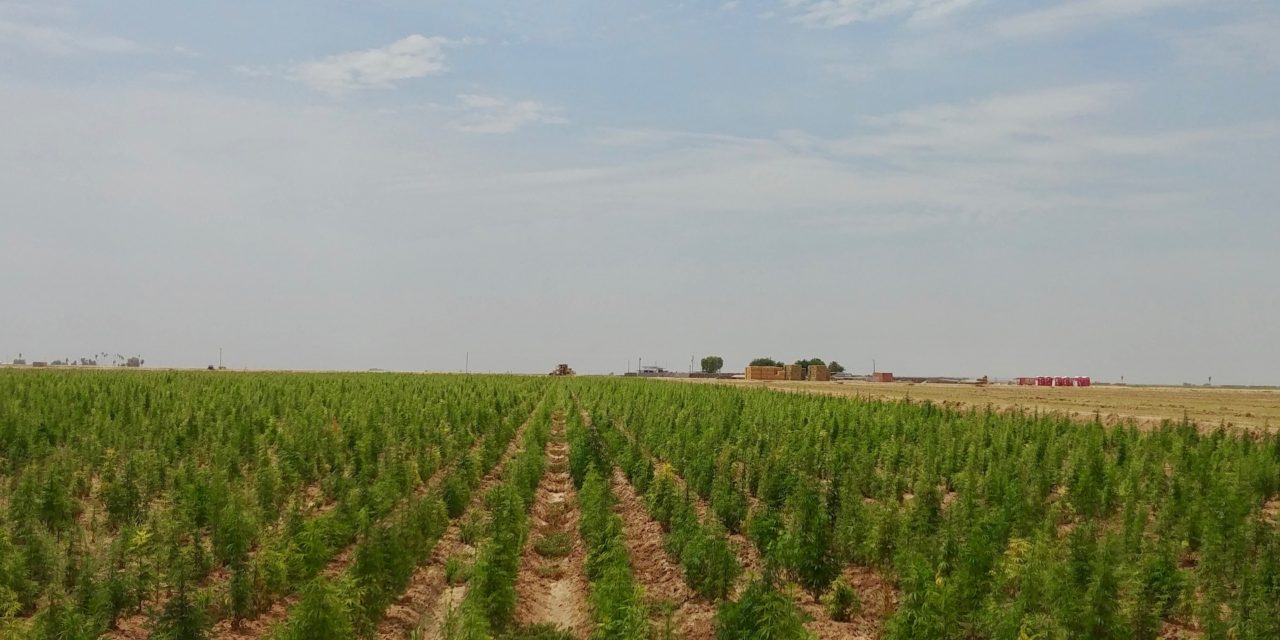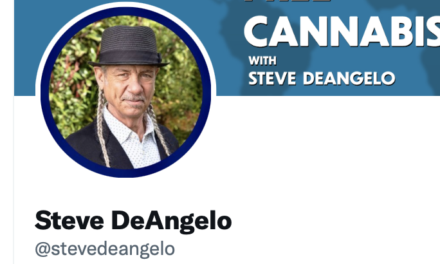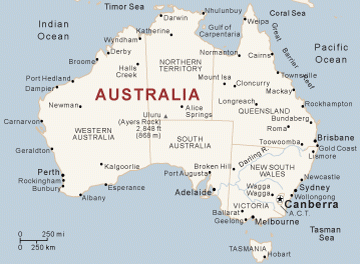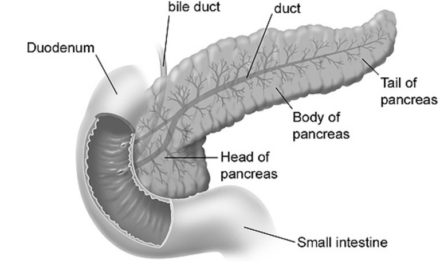“CBD Everywhere?” proclaims the front-page story in the NY Times Style section October 27. Writer Alex Moore: “It’s hard to say the precise moment when CBD, the voguish cannabis derivative, went from being a fidget spinner alternative for stoners to a mainstream panacea,”
We can’t answer the meaningless question, but we can tell you precisely when and where the CBD story was broken in the US. Breaking the story is a very big deal to journalists. If you don’t take credit for your accomplishment, some backstabbing credit-grabber will take it from you.
O’Shaughnessy’s first issue (Summer 2003) put CBD on the front page and on page 18.
CBD permeates O’S ICRS Coverage in 2004 and 2005.
Our Autumn 2005 editorial called for an analytic lab:
The field of cannabis therapeutics will really take off once California growers have access to an analytical test lab and can determine the cannabinoid content of their plants. Then patients can begin treat- ing their given conditions with strains of known composition —high in CBD to treat anxiety and insomnia, high in THC to stimulate appetite, etc. And SCC doctors and committed dispensary operators will be able to conduct clinicaltrials that transform anecdotal evidenceinto data acceptable to those members of the medical establishment not totallyin thrall of the pharmaceutical industry.
MORE TK
Getting back to the big piece in the Times… Moore tries to make a point about the US population consumed by anxiety:
“It would be hard to script a more of-the-moment salve for a nation on edge. With its proponents claiming that CBD treats ailments as diverse as inflammation, pain, acne, anxiety, insomnia, depression, post-traumatic stress and even cancer, it’s easy to wonder if this all natural, non-psychotropic and widely available cousin of marijuana represents a cure for the 21st century itself.
“The ice caps are melting, the Dow teeters, and a divided country seems headed for divorce court. Is it any wonder, then, that everyone seems to be reaching for the tincture?
Some good medical info is provided:
“Preliminary research also indicates that CBD may be effective as an antipsychotic in reducing the symptoms of schizophrenia, with fewer side effects compared with current antipsychotic drugs, Dr. Blessing said.
CBD has also shown promise to reduce cravings among people addicted to opioids, according to a study published in Neurotherapeutics in 2015. It may fight cancer, too. The authors of a review published in the British Journal of Clinical Pharmacology in 2012 wrote: “evidence is emerging to suggest that CBD is a potent inhibitor of both cancer growth and spread.”
Cannabidiol, man, what’s not to like? —Fred Gardner





